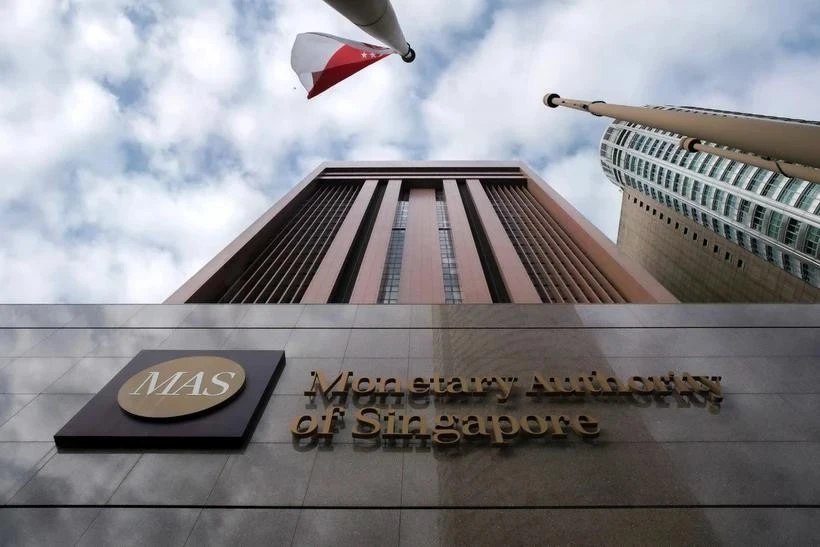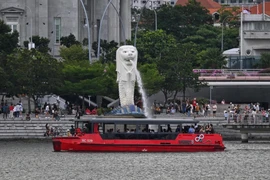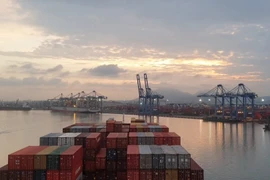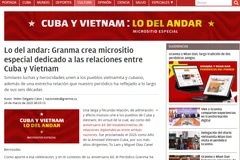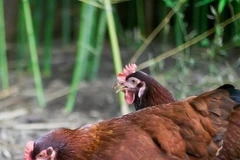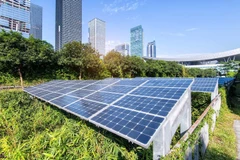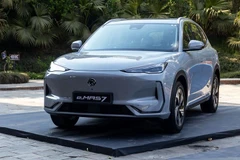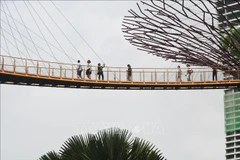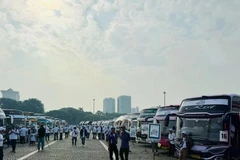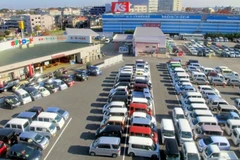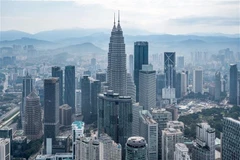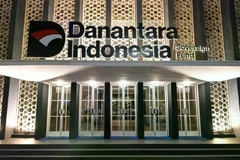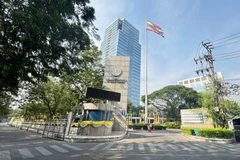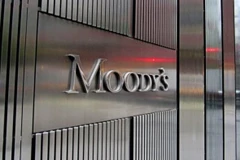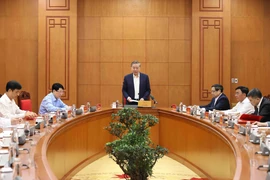Singapore (VNA) – Singapore’s core inflation declined for the fifth straight month in February after falling sharply in January as most spending categories saw smaller year-on-year price increases.
Prices also fell for two categories – electricity and gas, and retail and other goods – the Monetary Authority of Singapore (MAS) and the Ministry of Trade and Industry (MTI) said in their joint report on March 24.
Economists said Singapore's inflation will continue to ease in the months ahead, with a chance that consumer prices might even drop if the global economy takes a sharp turn downwards.
For February, core inflation, which excludes private transport and accommodation costs to better reflect the expenses of households here, eased to 0.6 % year on year. This is the lowest since June 2021 when it was 0.6% , and much lower than the 3.6% rate recorded in February 2024. It is also below the 0.7 % forecast by economists in a Bloomberg poll.
In January, core inflation slid to 0.8% from 1.7% in December 2024. Starting with January, the consumer price index (CPI) has been rebased to a base year of 2024 from 2019. Rebasing is conducted once every five years to reflect the latest consumption patterns of Singapore households.
Overall – or headline – inflation cooled to 0.9 % year on year in February from 1.2% in January as private transport inflation moderated, in addition to the fall in core inflation. It also came in lower than the Bloomberg poll forecast of 1.0%.
MAS and MTI said Singapore’s imported inflation is expected to remain moderate, reflecting favourable supply projections for key food commodity markets and forecasts of a decline in global oil prices.
Looking at the February inflation data, electricity and gas prices dropped 3.1% in February, after falling 2.9% in January, due to a larger drop in electricity tariffs and a decline in gas prices.
The cost of retail and other goods fell 0.4% in February, after shrinking 0.6% in January. This drop was led by smaller declines in the prices of clothing, footwear, and furniture and furnishings.
Private transport costs rose at a slower pace of 1.6% in February due to smaller increases in car and petrol prices, from 2.8% in January. Food inflation moderated to 1% in February from 1.5% in the previous month, as the pace of increase in the prices of non-cooked food and prepared meals slowed./.
